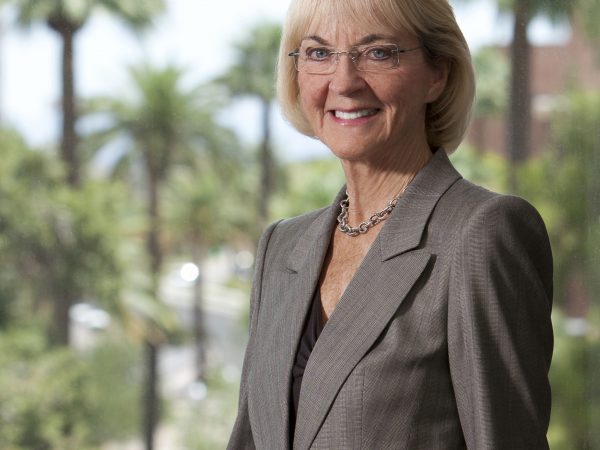Making the Most of the Annual Meeting Career Fair
On Saturday, April 1, the American Association for Cancer Research (AACR) will host the 2017 Annual Cancer and Biomedical Research Career Fair as part of the Annual Meeting. Employers from academia, government, and industry will present information on current and future job opportunities.
A big career fair can be somewhat intimidating, so we asked some hiring experts for their advice on how to navigate the AACR’s event.
Annie Tomczyk, manager of R&D executive search, AbbVie in Abbott Park, Illinois
- Do your homework. Before the Annual Meeting, take a look at the websites of some companies or institutions that interest you. See what positions they’re offering now, and whether their primary areas of focus match yours. This will give you time to tailor some questions for your face-to-face conversations. “Avoid things that you could have (and should have) already found on the company web page,” Tomczyk said. “Questions about the company culture show your interest and help you decide if the company is the right fit for you.”
- Lay some groundwork. Now is a good time to take a final look at your resume and update your LinkedIn profile, Tomczyk said. “Make sure it fully reflects your experiences and professional interests,” she advised. “Chances are that at some point in the interview process, someone involved in assessing you (such as a recruiter or hiring manager) will look at your profile.”
- Make the most of the meeting. “Take advantage of the fact that the career fair is part of a major scientific conference,” Tomczyk said. She recommended searching the conference abstracts to identify presenters from the companies you are interested in. Attend their sessions, and if possible, take a moment to introduce yourself afterward. This helps demonstrate your interest and enthusiasm.
Brendan O’Hara, senior postdoctoral recruiter, St. Jude Children’s Research Hospital, Memphis, Tennessee
- There’s no time like the present. O’Hara said he welcomes candidates who are still finishing their degree programs. “A career fair like this is a great way to get a sense of the career landscape,” he said. “Connections that you make now can benefit you in a few months or in a year, when you become an active job seeker.” He noted that many employers return to the large career fairs year after year, allowing relationships to develop over time.
- But look to the future, too. O’Hara agreed that researching companies’ websites is a great way to prepare for a career fair. Once you’re there, consider asking recruiters about areas of future growth. “There may be future opportunities that aren’t yet reflected on the public-facing website,” he said.
- Keep an open mind. If you’re wrapping up an intensely focused research project, your mind may be fixed on that field. However, there may be a great new opportunity somewhere outside your area of expertise. “Many of our faculty members are open to candidates who may not be a 100 percent subject match, but have a passion for science, an inclination toward teamwork, and a willingness to learn. Technical skills can be learned,” he said.
Vern Mitchell, director of human resources, American Association for Cancer Research, Philadelphia
- Be prepared. You can upload your CV in advance to CancerCareers.org. Still, you should bring some paper copies to the career fair. An old-school business card is extremely helpful for potential employers. If you’re finishing a degree program, your card could simply list your name, contact information, and expected degree and graduation date.
- The economy is on your side. Unemployment is currently 4.7 percent, a low rate that means that many employers have job openings to fill. “This is a very strong job market, and many of the companies and organizations that will be at our career fair are ready and willing to hire,” Mitchell said.
- Senior scientists, don’t be shy. Mitchell said opportunities abound for mid-career or senior scientists. However, these folks face a conundrum: Many won’t visit career fairs because they don’t want their supervisors to know they are exploring other job options. Mitchell said online job boards, such as CancerCareers.org, may be the best resource for those who want to keep their job search quiet. In the meantime, she’s pondering new alternatives, like a “virtual career fair.”



